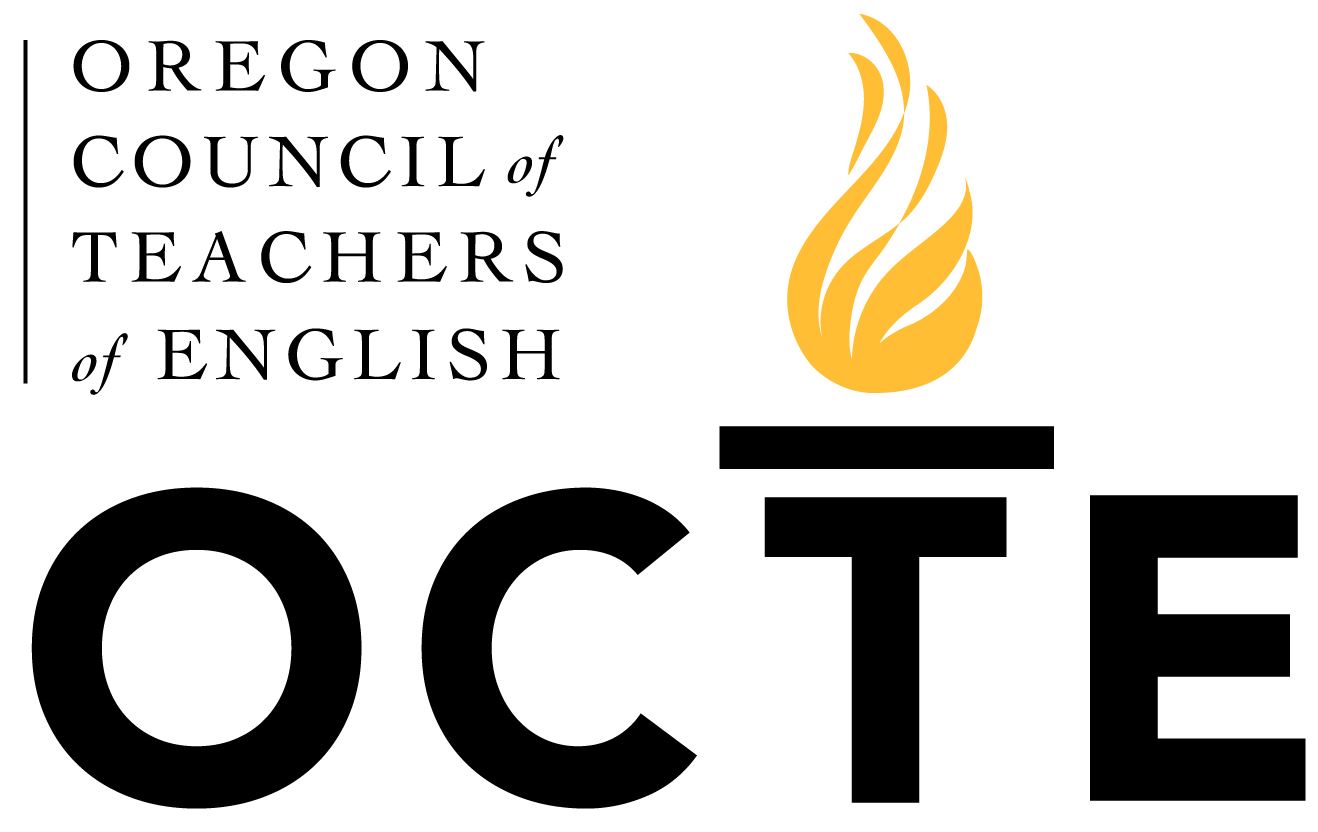Teaching About Racial Justice Talking About Race from the National Museum of African American History and Culture Talking about race, although hard, is necessary. We are here to provide tools and guidance to empower your journey and inspire conversation. The 1619 Project is an ongoing initiative from The New York Times Magazine that began in August 2019, the 400th anniversary of the beginning of American slavery. It aims to reframe the country’s history by placing the consequences of slavery and the contributions of black Americans at the very center of our national narrative. Equity-based Teaching Resources from Ed Equity Oregon A collection of organizations and articles to help White teachers educate themselves about what their students of color and their families need and how they can become more equity-oriented practitioners. PBS Learning Media Confronting Anti-Black Racism Use these materials with middle and high school students to help them understand the long history of anti-Black racism in the United States, and think about ways to address it in their own families and communities. Resources include news coverage of recent protests, videos on the origins of the Black Lives Matter movement and protests against police brutality within the past decade, iconic PBS documentaries on the histories of race and racism in America, and activities addressing civic engagement and elevating students’ voices. Selected by educators, NEA’s Read Across America includes books that students can see themselves reflected in, as well as books that allow readers to see a world or a character that might be different than them. 18 Children’s Books to Prompt and Further Conversations on Race
These resources can help spur much-needed discussion around implicit bias and systemic racism, but they can also empower your students to enact the changes that will create a more just society. A Guide to Equity and Antiracism for Educators from Edutopia Teachers shaken by recent events and wondering how to work for change in our society and schools can start with these lesson plans, videos, and other resources. Top 5 Things White Teachers Can Do To Dismantle Racism from Tame the Classroom While there are tons of things that white teachers can do to dismantle racism in classrooms and schools, here’s where they can start. Talking about racism and violence These resources can help promote deeper understanding around the issues of racism and violence. They also can contribute to discussion of these topics with colleagues and students during this difficult time, even at a distance. Talks to help you understand racism in America. More than 80% of teachers in the U.S. are white. But most don’t know that their whiteness matters. Teaching While White (TWW) seeks to move the conversation forward on how to be consciously, intentionally, anti-racist in the classroom. Because "white" does not mean a blank slate. It is a set of assumptions that is the baseline from which everything is judged; it is what passes for normal. TWW wants to have conversations about those assumptions: what they are, how they impact our students, and how we can confront our bias to promote racial literacy. "Seeing White" from Scene on Radio podcast Where did the notion of “whiteness” come from? What does it mean? What is whiteness for? Scene on Radio host and producer John Biewen took a deep dive into these questions, along with an array of leading scholars and regular guest Dr. Chenjerai Kumanyika, in this fourteen-part documentary series, released between February and August 2017. Black Lives Matter Instructional Library A library of books from history to activism/advocacy to books in Spanish. 21 Anti-Racism Videos To Share With KidsThese videos help to explain complex topics to young audiences. How to Be an Antiracist Educator Educators have an obligation to confront the harm of racism, says one social-emotional learning expert. She shares five steps educators can take to teach for an antiracist future. 19 Black Teachers on Instagram to Listen To and Learn FromIn a pervasive climate of racism and inequality, these 19 educators have made a difference in their field and in their communities. We’re centering the voices of these Black teachers because of their lived experiences in and outside of the classroom. We’re sharing the work that they do to provide an example to all educators who might be thinking about ways to engage in this critical work in their own classrooms. Learn from their words, buy the resources they create and recommend, and make a commitment to being the educator your students deserve during this important time. A blog post from WeAreTeachers.com.ndness without justice is bondage, NOT liberation.” Ibram X. Xendi, Stamped from the Beginning Listen to Ibram X. Kendi's Stamped From The Beginning free on Spotify. Reinaldo Marcus Green, Monsters and Men Reinaldo Marcus Green’s Monsters & Men is being released for free this month, and his work is more timely than ever. Taking its inspiration from his earlier, incredible short STOP (available for free on Vimeo.com), his own life growing up on Staten Island and an unexpectedly uncomfortable conversation with a black officer about the death of Eric Garner, this triptych film interweaves the perspectives of three seemingly unrelated men: a black police officer, a young father who tapes the shooting death of an unarmed black man, and an all-star student baseball player whose life is upended by this turn of events. Each man must face the consequences of his actions and choose whether to speak up. Good Joe Bell will be his next feature, about Joe Bell, an Oregon father who undertook a walk across American in honor of his son, Jadin, who took his own life because of bullying. |
